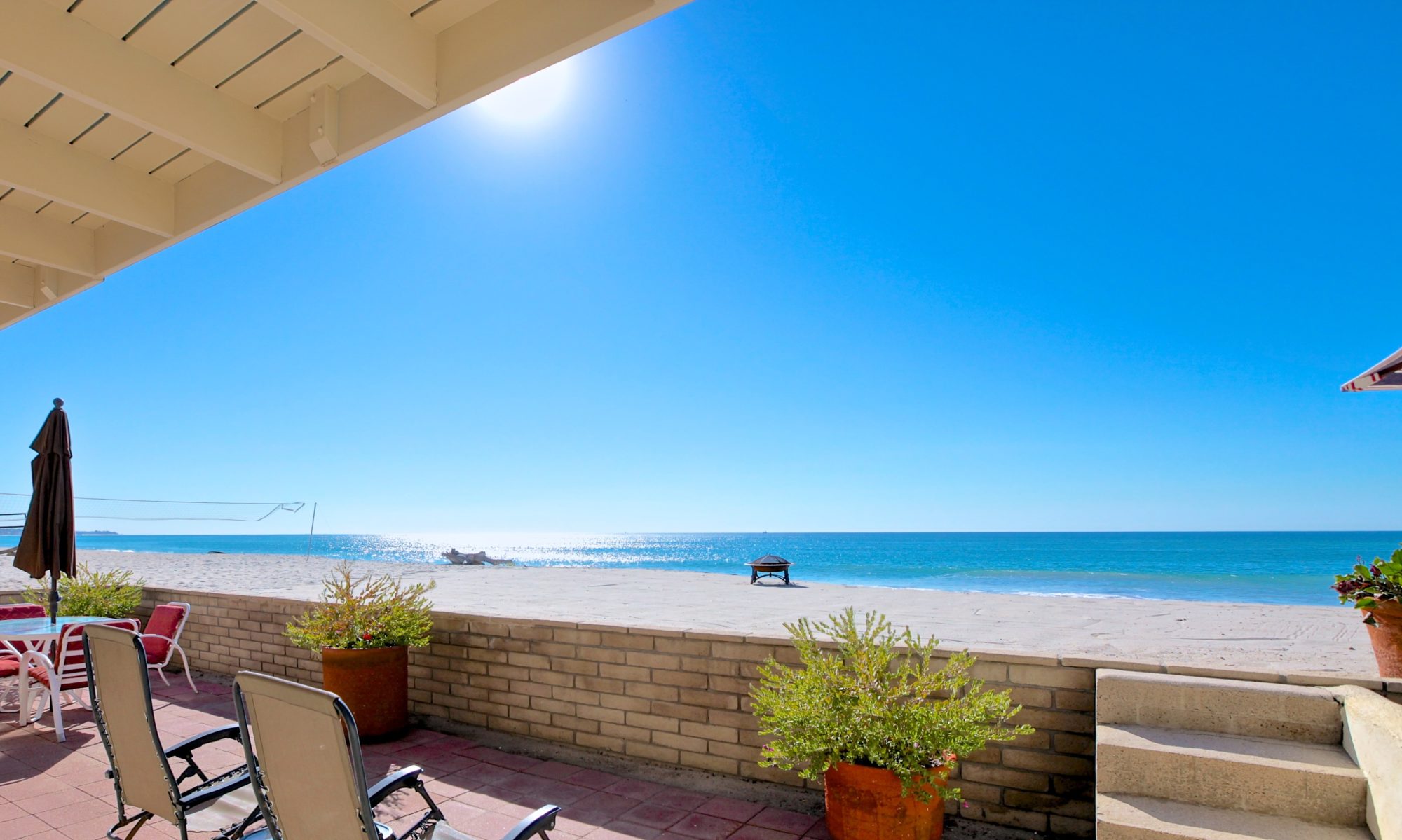- Are there specific purchase agreements for some states?
- Can I offer a higher bid when an offer has already been accepted?
- Can we make an offer contingent upon securing financing?
- How much earnest money is enough for a purchase?
- How much lower than list should a first offer be?
- How long does a seller have to accept/reject an offer?
- Would a builder be willing to discount the sales price?
Are there specific purchase agreements for some states?
Question:
In making offers on various properties, we’ve noticed that there
are several forms of purchase contracts in our area. Is this
typical? Do some states have standard agreements for all
sales?–BE
Answer:
Your area is typical since most states don’t have standard
purchase contracts. It’s not unusual to find as many different
types of forms as there are real estate agents and attorneys!
You might find REALTORS in your area using a REALTOR-specific form, or a brokerage that has drafted their own form.
Even if you use a purchase agreement containing boilerplate language, the buyer and seller can amend the agreement by marking out the standard language, making the changes, and initialing those changes. Whatever the buyer and seller agree to (within the law) is acceptable.
| Return To Top |
Can I offer a higher bid when an offer has already been accepted?
Question:
We made an offer on a home, only to hear that there was already
an offer accepted. We tried to find out what the price and terms
were, but the Realtor wouldn’t tell us. Is this fair to the
seller since we might be willing to offer more?–OF
Answer:
Depending on the listing agreement the seller signed with the
Realtor, the agent might have been required to present offers to
the seller only up to a prescribed period of time (such as upon
acceptance of a bilaterally signed agreement.)
Since it sounds like the Realtor was representing the interests of the seller, he/she could not disclose the price and terms of the first offer without the seller’s permission. All the Realtor can relate is the listed price and terms suggested by the seller.
You could ask that the seller consider your offer as a “back-up” in case the first offer fails to close. Remember, though, that you may be tying yourself up until the first buyer performs or falls through, and that may not be in your best interest.
| Return To Top |
Can we make an offer contingent upon securing financing?
Question:
We want to make sure that we’re doing the right thing, so we’re asking “The Frugal Homeowner” tm. We are buying our first home and feel that we’re probably marginally qualified for a $390,000 conventional loan. We don’t want to make an offer and tie up a property unless we can secure 90% financing; so is there a clause we can place in the offer so that if we can’t qualify for the loan, we won’t lose our earnest money deposit?–YB
Answer:
It’s good to hear that you’re thinking ahead. There is language
that can assist you, called a finance contingency clause. The
general idea behind it is that if you can’t qualify for a loan
based on the criteria you spell out in your offer, your earnest
money deposit could be refunded.
The finance contingency clause would state that your offer is conditional upon applying for and receiving a conventional loan in an approximate amount, with interest not to exceed a certain percent, stating the maximum amount of points you are willing to pay to obtain the loan. You could name other conditions if you wish such as closing costs not to exceed a set figure, or financing being obtained from a certain lender. It’s best to seek either legal counsel or a competent real estate agent to assist you in reducing this to writing.
Remember, the purchase contract is the place where financial information for the purchase is first agreed upon and remains the primary source for spelling out how the buyer and seller should perform. It’s dangerous to wait until time of loan application to determine what terms of financing you’re prepared to settle for.
Better yet, why not prequalify immediately with a lender so you know exactly what you can afford? That way he/she can give you the specific financial terms and conditions to specify when you write the offer.
| Return To Top |
How much earnest money is enough on purchase?
Question:
Since it seems like there are so many properties on the market today, would this be a good time to use the “lease purchase” technique you’ve talked about to buy a home? We can afford to buy a home priced around $360,000 and have saved approximately 1% of that amount for an earnest money binder. Would that be enough?–KO
Answer:
It sounds like you’ve done your homework on the market conditions
in your area.
To recap, a lease purchase is a purchase with a delayed closing. You make the offer on a purchase contract, spelling out the type of financing you’ll be using and other terms of sale. The closing date is based on the mutual agreement of the parties, but does need to be a specific date. You, as the buyer, take possession of the property, pay a monthly lease payment, and agree to close on or before the closing date.
If the buyer and seller agree, the seller could give the buyer a credit of a portion of the monthly lease amount to apply to either the purchase price or the closing costs. Note that if funds are to apply to closing costs, it may be best to have either the seller or an impartial third party (such as a bank), escrow the funds monthly so that you know they will be there in cash at closing time.
As for the earnest money binder, it’s up to the seller as to what he or she will accept. Obviously, more is better to the seller, particularly if something happens and the sale does not close since the earnest money would be defaulted. The seller also wants to be sure that there are sufficient funds should any maintenance or damage problems arise on the property.
If the seller feels that 1% is not enough, you could agree to deposit additional sums with the seller over time. This could show your good faith and intention in completing the sale.
The seller will undoubtedly want to know how you’re going to come up with the balance needed for the down payment and closing costs. Make sure that it’s feasible to have these funds for closing.
| Return To Top |
How much lower than list should a first offer be?
Question:
Is there a rule of thumb as to how much lower than the listed
price the buyer’s first offer should be?–CB
Answer:
Who said the first offer had to be any lower than the listed
price? If a property is listed properly, it should be close to
market value.
By making a drastically lower offer, you may be insulting the seller and limiting your chance of any further negotiation. A seller may be so enraged by an unrealistically low offer that he refuses to see any additional offers from a prospect, or may make a counter offer back at a higher price than the original listing! This is particularly true if you ask for other concessions, such as the seller paying discount points, closing costs, or including personal property in the sale.
If you’ve seen comparable properties with similar asking and selling prices, and you feel that the listed price is fair, put yourself in the seller’s shoes before making an offer. Your first offer will set the stage for future negotiations–positive or negative.
| Return To Top |
How long does a seller have to accept/reject an offer?
Question:
How many days does a seller have to accept or reject a buyer’s
offer? The agent we are working with submitted an offer to the
listing agent more than a week ago, and we haven’t heard a thing
from the seller.–LP
Answer:
The offer should have stated the time frame under which the offer
was valid, either by an exact date, or number of days or
hours.(ie. within forty-eight hours, etc.). This time frame is at
the discretion of the offeror (you as the buyer in this case). If
there were other properties you wished to make offers on, a short
acceptance period would be in your best interest.
Call the selling agent back and ask what is causing the hold up. It could be that the seller is out of town, or needs to contact other owner/partners on the property for their decision. One little-known fact to use is that you can revoke your offer at any time up to the time that the seller communicates back to you that your offer is accepted. This can prove to be great leverage in getting a timely answer from a seller!
| Return To Top |
Would a builder be willing to discount the sales price?
Question:
We are interested in purchasing a new home and need to find a
builder who is willing to help pay points or some of our other
costs of purchase. Someone suggested that we ask the builder to
discount the sales price instead. Is there any economic incentive
to do this?
Answer:
Depending on your goals and what the builder wants to accomplish,
a discounted sales price may make sense.
As the buyer, if you are going to keep the property for only a short period of time, short term interest rate buy-downs work well. For example, the builder could agree to buy the initial interest rate down on the loan for a temporary period (ie. taking a 5% rate down to 4% for three years). This is done at loan closing with the builder paying discount points to offset the difference.
If your property ownership will be long term, a discounted price will save you more. For example, discounting $13,500 off an $380,000 purchase price would give you a reduced loan amount. Over thirty years at a reasonable interest rate, you would save thousands of dollars over the life of the loan. It would also take less income to qualify for the lower loan amount and require less down payment.
A discounted sales price may have some benefits to the builder, too. Since many of the builder’s costs are tied to the amount of the sales price, a discounted price can lower costs of title insurance, closing fees, and commissions. The lower price may attract the attention of more buyers than paying discount points, and reduce the builder’s profit for tax purposes.
The downside of price discounting for the builder is that it may affect the market values of other comparable properties within the development. Discounting may also be viewed psychologically as a negative if the builder’s focus was to achieve a particular price for the unit.
A REALTOR or lender can help you pencil out the pros and cons for both you and the builder as you work towards agreement.
| Return To Top |

